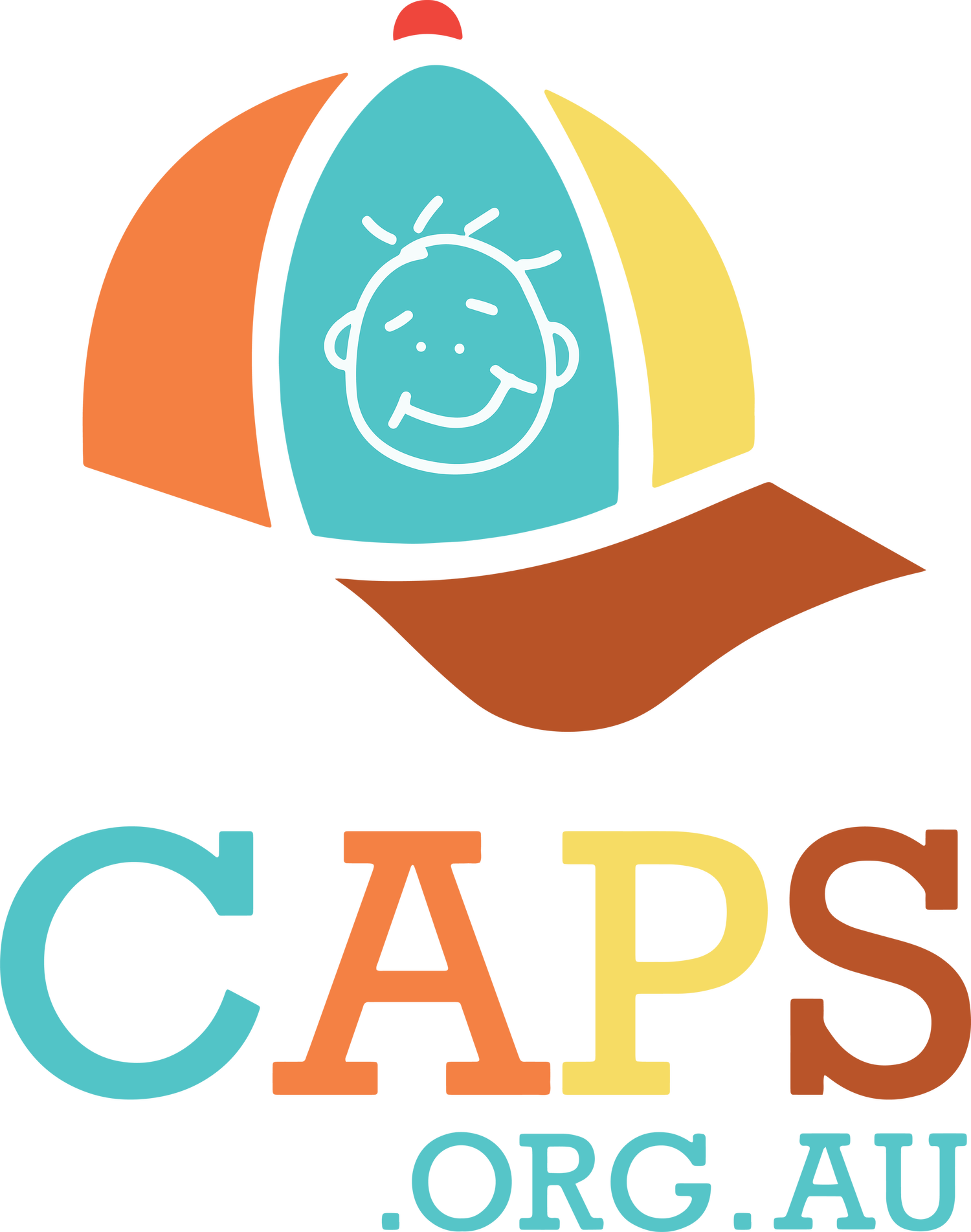Should we Teach our Children about Child Abuse?
By CAPS social work student Sophia Fordham
Children are at the concern of child abuse, but are they mature enough to understand it and hear about it? Many parents and carers feel reluctant to be educated on the topic, let alone allow the children in their care to be as well. It is a very confronting and sensitive conversation; however, it is a conversation that needs to be had if we want to prevent it and keep our children and communities safe.
How can we educate children about it?
Although there is already a sensitive nature about the education of child abuse to parents and carers, it can be discussed completely differently when handled with young people. Activities should be utilised to make learning fun for them, allowing them to subconsciously build reactive instincts and strategies. Child Abuse Prevention Service (CAPS) has recently reintroduced incursions at childcare centres and preschools to teach body safety skills and emotional literacy to children. First, it is a good idea to teach kids how to listen to and understand their bodies by identifying certain body cues. For example, asking them how their body reacts when they feel disappointed and creating a body map of these cues. Then building on this skill of acknowledging our reactions, it’s time to empower children in setting their own boundaries. Conversations of protecting themself can be intertwined with topics that children are already hearing about and experiencing. For example, a fun role playing activity where children can use the CAPS No Go Tell rule as a strategy when someone steals their food or teases them.
Children are able to practise telling a trusted adult and the grown up then has the opportunity to demonstrate to the child how they would comfort them and resolve the issue if something ever made them upset. This helps normalise standing up for themselves and reaching out for support to a trusted adult. We of course hope children will never need to use these strategies in the case of child abuse, but these are still great skills they will definitely be needing throughout their life in various different circumstances. It is a great opportunity to teach them while they're young so that it becomes instinct for them and they grow to be comfortable and confident setting boundaries and reaching out for help. Children’s skills combined with parents/carers and educators awareness allows these conversations around children’s safety to be discussed comfortably. Everyone needs to do their part in protecting the children of our communities. It is a social responsibility.
Why is it important to Teach Children about their Personal Safety?
1 in 3 girls and 1 in 5 boys are victims of child sexual abuse. These rates are much more common than we would hope. It’s important to discuss these topics with children ahead of time, before we are potentially forced to. Children with an increased awareness of body cues may be less likely to remain in unsafe situations as they can recognise their bodies reactions and leave the situation or soon reach out for help. When children are provided with strategies of what to do in unsafe situations, they are able to inform trusted adults. A lot of the time, carers and parents are unaware of the abuse their child is experiencing. If carers and parents are part of educating their children on it, children will feel more comfortable reaching out to them for help. When a child’s parents are involved, child abuse can be prevented. Child Abuse Prevention Service creates a fun and safe space to provide this education to children at childcare centre incursions and/or joint parent and child sessions. Email hello@caps.org.au for more information or to register.




